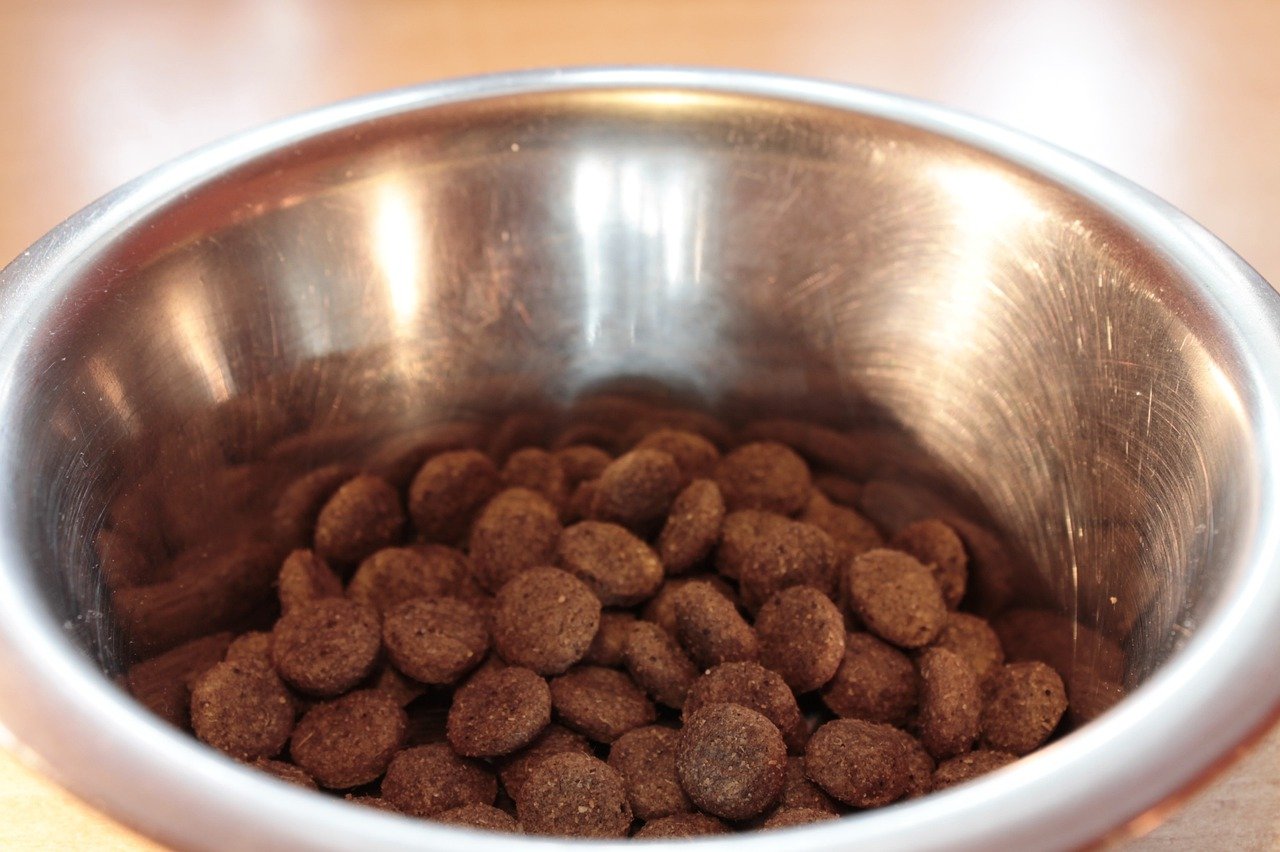Food is as important for dogs as it is for humans. After all, it is the fuel the body runs on. However, do you know what makes up for a healthy canine diet? Read below to find out the most important advice on keeping your dog in great shape.
Avoid Processed Foods
We live in a busy world, where we are constantly running out of time. This makes many dog owners reach out to the dog food shelf and grab a pack of processed food. Sure, store-sold packaged canine foods have their place in our everyday life, especially when we go on long trips or have very little time to prepare a decent meal for our pets.
However, processed foods are not good as a staple diet. There are many reasons for this. For one, the fact that such foods typically have a shelf life of 12 to 24 months means that they are packed with all sorts of preservatives, some of which are far from healthy. These are simply dried meals, where a lot of the healthy ingredients have vanished throughout the cooking process. Instead, they have been replaced with artificial additives aimed at balancing their nutritional value. Unfortunately, in most cases, this is not entirely possible.
Don’t Be Misled by Brands
It is no secret that marketing is the driving power behind sales. Therefore, do not be tempted to buy a certain brand of dog food only because its advertisement says it’s healthy. After all, the goal of ads is to sell.
What you can do instead is researching the food ingredients. All brands are required by law to list the ingredients on the back of the food packaging. Open your preferred search engine and type in the first couple of ingredients. You may come across some very disturbing information. Again, the best idea is to avoid packaged dog food altogether, but if you have no other choice, at least make sure what you are feeding your pet is safe.
Be Careful with Vet-Prescribed Foods
Sometimes, in case of a specific medical condition, your vet may prescribe a certain type of processed dog food. While it is generally true that this food may positively impact the problem your canine friend has, it may also contain substances that might cause other issues in the long run. Therefore, it is best to cease the intake of the prescribed food once your dog’s health issue is resolved. Of course, you should consult your vet before taking this step.
Prefer Fresh Whole Foods
Fresh whole foods are the top choices when it comes to a healthy canine diet. Fresh fruits and vegetables are rich sources of vital enzymes, fiber, and a whole bunch of other important nutrients and substances. Indeed, there are certain raw foods you should avoid feeding your dog, so make sure you are familiar with these.
Some experts advise pureeing fresh vegetables and fruits before serving to ease your dog’s digestion. Also, there are certain facts about fresh whole foods people are often unfamiliar with. For instance, beetroot’s leaves are extremely nutritious, and broccoli stems are far richer in important nutrients than the vegetable’s heads. Here are a few tips on healthy food choices for your dog:
Ditch Gluten and Replace Rice with Green Lentils
Talking about processed dog foods, you should know that corn gluten is often added to them to keep other nutrients from getting destroyed. However, gluten can impede the proper functioning of your dog’s kidneys and liver. What is more, GMO corn is often used for the production of gluten additives, which is harmful in its own way.
Another thing you should know is that, unlike us humans, our canine friends do not need grains to stay healthy. That is why rice is not the best solution for your dog’s diet. You can replace it instead with green lentils. Green lentils are great because they are an excellent source of protein and fiber. They are also very rich in different essential acids and minerals, which prevent a variety of health issues. The three main types of green lentils include:
- Standard green lentils
- Puy lentils
- French lentils
Don’t Cook Meat
Contrary to what many people believe, it is best if canines take their meat raw. The reason is that many nutrients are lost in the cooking process. If you still prefer not to serve your pet raw food, at least make sure to not overcook the meat. Besides, many experts believe that some cooking techniques cause certain carcinogenic substances to be released, which may pose danger to your dog’s health.
Be Careful with Water
Sometimes we tend to forget that water is just as important a part of our diet as food is. I know dogs can get a little messy and drink water out of rain puddles and other suspicious sources. But, whenever possible, we should control the quality of water they consume. Tap water in certain areas may contain different chemicals that are bad for your dog’s health. Therefore, I suggest you always use a filter and serve your pets filtered water.
Be Mindful of Quantity
The last thing I want to mention here is to be mindful of how much and when you feed your dog. Try not to overfeed your canine friend, unless it really needs to gain weight. On that occasion, you would want to feed it several smaller portions throughout the day and one big meal before bedtime, so it can retain the calories.
In all other cases, it is best to serve the most substantial meal at breakfast. This way, your dog will be able to burn the greater part of calories throughout the day. The most important thing to remember is that a healthy dog is generally a lean dog.
